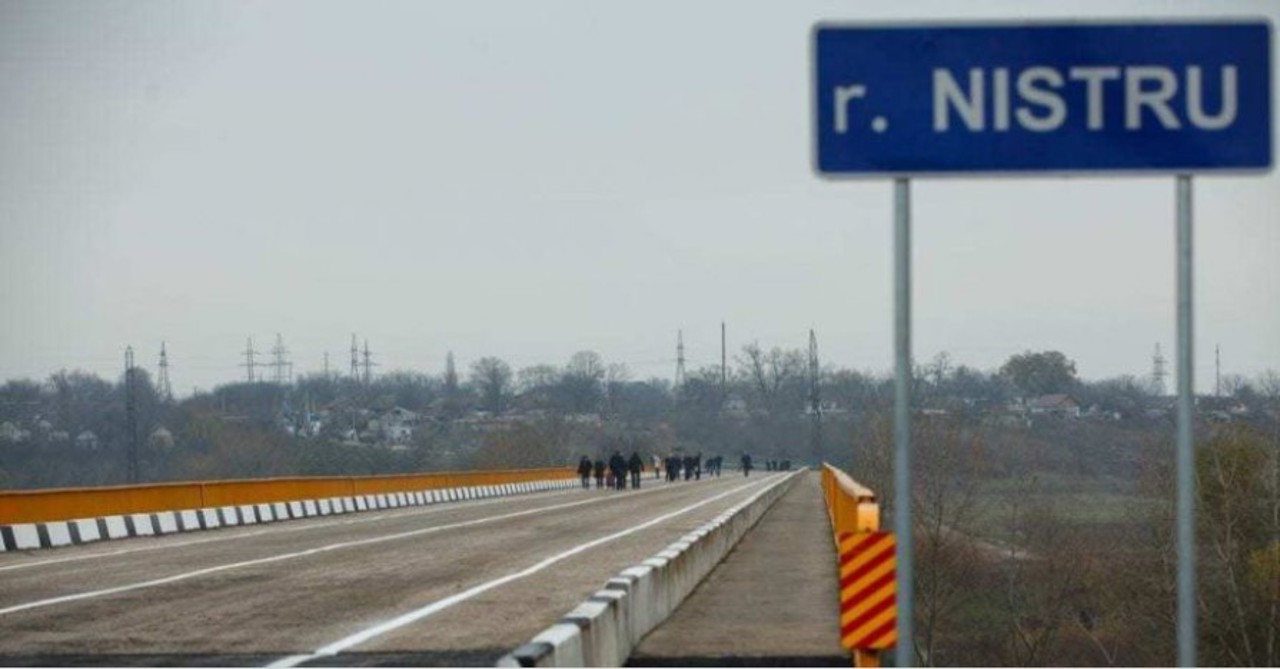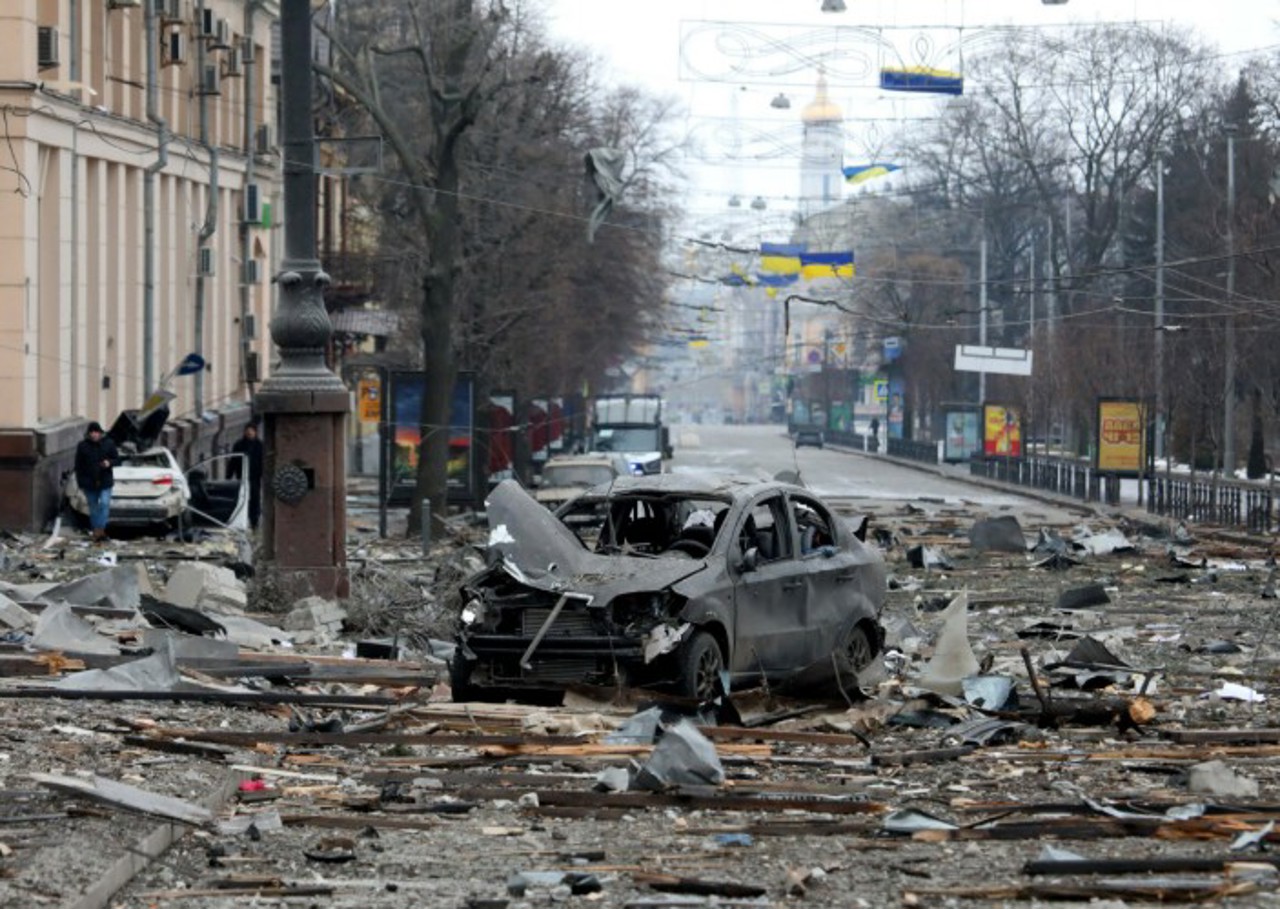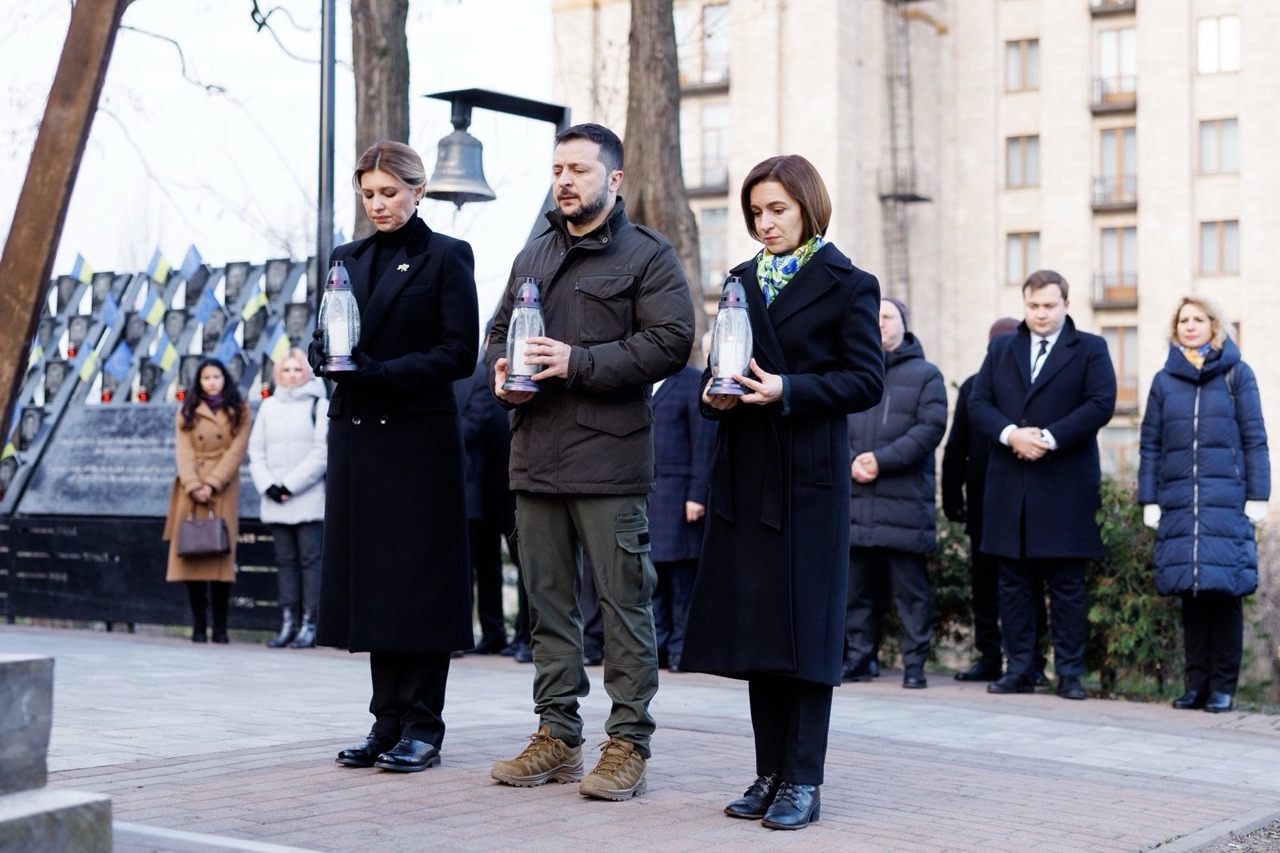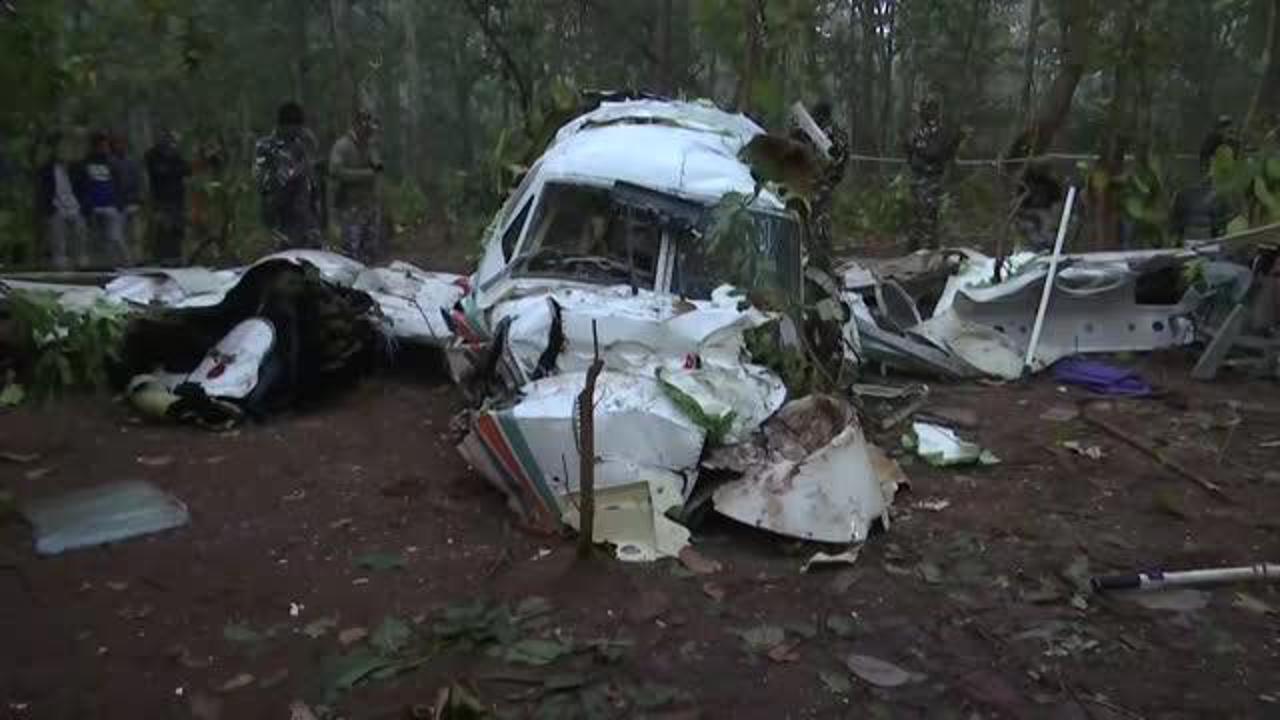Analysis: The reintegration process - challenges and solutions
Russia's invasion of Ukraine also affected the process of negotiations regarding the settlement of the Transnistrian conflict. The dialogue in the 5+2 format was stopped, and the few meetings in the 1+1 format did not result in significant achievements. Also, the new geopolitical context made the Transnistrian region vulnerable, after Ukraine blocked its land contacts with Russia. However, the authorities continue to consider the scenario of the creation of a land corridor by Russia to the separatist region.

One of the main concerns expressed by experts in the first days of the war was about a possible military attack from the Transnistrian region. Tiraspol then denied any military intervention. However, Ukraine closed its borders with the separatist region and even blew up a bridge. At the end of April, several armed attacks happened in Tiraspol, including the headquarters of the so-called Ministry of Security. Tiraspol also accused an attack near the military warehouse in Cobasna, claiming that Chisinau and Ukraine were behind them. The separatist authorities declared a red code of terrorism danger, and the Chisinau authorities claimed that it was actions caused by forces inside the region. Officials in Kyiv have repeatedly said that the Ukrainian army could attack and eliminate Russian troops and the separatist regime, but Chisinau categorically rejected such a scenario. President Maia Sandu recently declared that the authorities are working on a plan for the peaceful reintegration of the country, so as not to hinder the European integration of the Republic of Moldova. "We only accept a peaceful solution. The solution we are designing must not prevent the European integration of the Republic of Moldova. The opportunity may arise and we must be ready for this opportunity and that is why we work with a group of experts", explained Maia Sandu. The war in Ukraine has also affected negotiations to settle the conflict. Those in the 5+2 format did not take place anymore, as Russia and Ukraine are at war. The 5+2 format is no longer valid in the current situation, claims the Deputy Prime Minister for Reintegration, Oleg Serebrian. He had several meetings with the representative of Tiraspol, Vitali Ignatiev, in the second half of the year, but without much results. "We had a few meetings in the 1+1 format, but unfortunately they were not successful, but still it is a format that works and offers some hope that the technical problems, the citizens' problems, the humanitarian problems will be solved", stated the Deputy Prime Minister for Reintegration , Oleg Serebrian. Meanwhile, Tiraspol accused Chisinau of economic blockade, and the suspension of traffic at the border with Ukraine highlighted the vulnerability of the region, accentuated by the reduction in the volume of gas delivered by Russia, starting in October. Until then, the right side of the Nistru procured most of its electricity needs from the Cuciurgan Power Plant, in exchange for an environmental license for the Metallurgical Plant in Rîbnița, a fact that caused debates in Chisinau. Since December, Moldovagaz has been delivering to the left of the Nistru the entire amount of gas it receives from Gazprom, in exchange for a larger volume of electricity. In 2022, the discussions regarding the settlement of the Transnistrian conflict did not advance, in the context of the security crisis caused by the war in Ukraine, the former deputy prime minister for reintegration, the security expert Alexandru Flenchea, commented for Radio Moldova. "The year 2022 was a year full of challenges, determined by the war in Ukraine, including the resolution of the conflict, the reunification of our country. It was a year dominated by decisions made under pressure, time pressure, circumstances, security threats," noted security expert Alexandru Flenchea. The year 2022 ends uncertainly, with eyes fixed on the war in Ukraine, especially since the authorities take into account the fact that Russia has not given up the plan to reach the borders of the Republic of Moldova with its troops, as the director of the Service of Information and Security Alexandru Musteanta said in a show on TVR Moldova. "From the information we have, the Russian Federation intends to go further with the aim of creating a junction with the Transnistrian region, the territory of the Republic of Moldova, and then with clarity we can say that yes, they intend to reach here", he declared the head of SIS, Alexandru Musteață. The year 2023, according to experts, will be equally difficult for the settlement process of the Transnistrian conflict, and further, a lot will depend on the developments in the war in Ukraine and the regional context in general.






